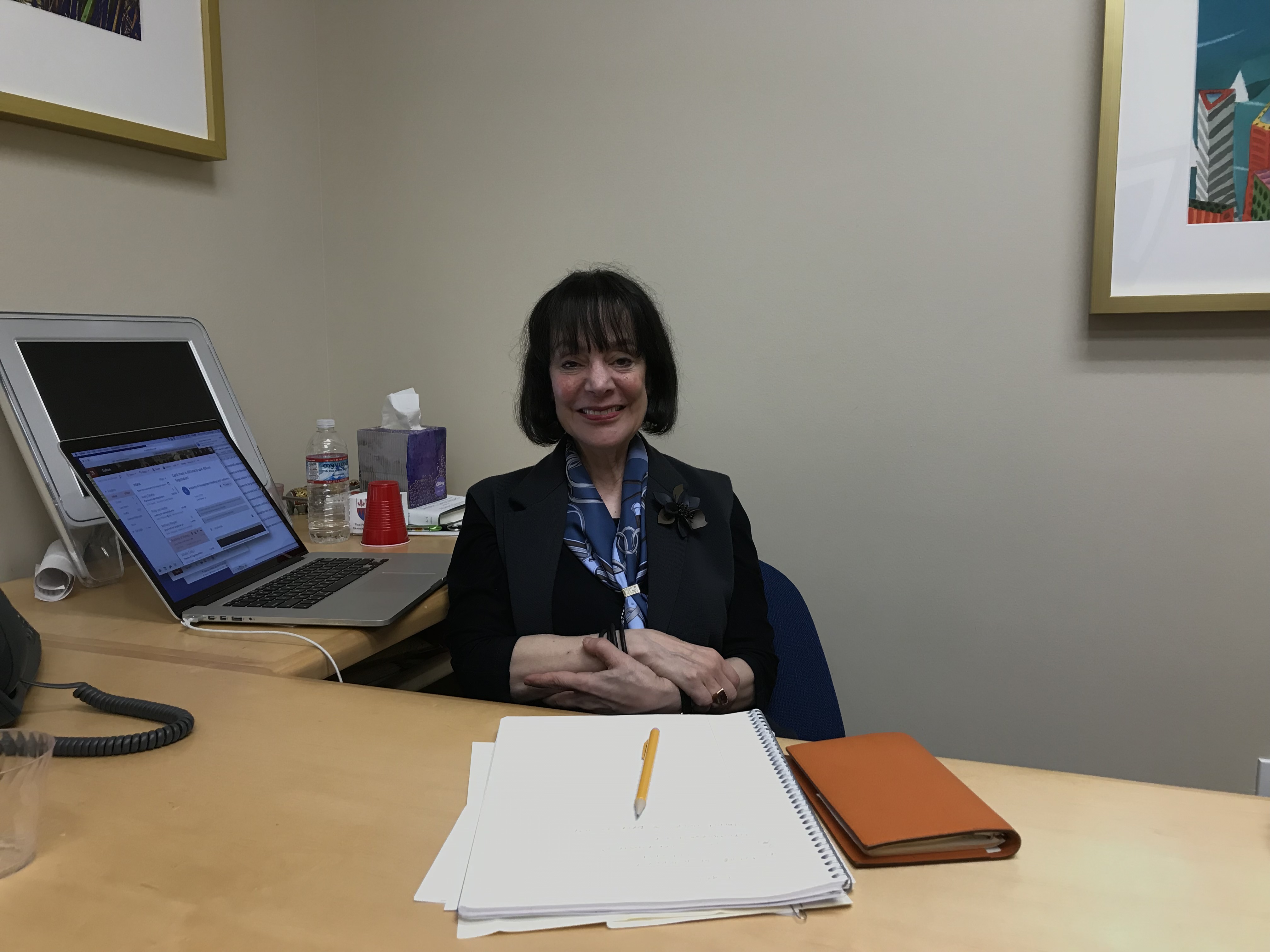Stanford researchers Carol Dweck and Gregory Walton, among other scholars, recently published “Implicit Theories of Interest: Finding Your Passion or Developing It?” The study suggests that spending effort developing one’s passions is more effective than looking for one’s true passion.
Paul O’Keefe, former a former Stanford postdoc, wondered why some people felt that they have interests that are inherent and have yet to be discovered, while other people might think interests can be cultivated and nurtured.
Walton and Dweck’s team subsequently researched the repercussions of believing in fixed interests, such as narrower interests.
In one study, Dweck and Walton’s team showed Stanford students a film about black holes — most said that they were interested in it. Then, the team introduced the students to a difficult article to read about black holes.
“What we found was that although everybody was a little daunted by the article, those with a fixed view of interest, decreased their interest in black holes significantly more than those with the growth theory of interest,” Dweck said.
Dweck has been the Lewis and Virginia Eaton Professor of Psychology at Stanford since 2004; she teaches multiple psychology classes and mentors students as they pursue independent studies through the department. Walton, an associate professor, also teaches a variety of psychology courses.
Dweck had previously researched fixed versus growth mindset. She said that people with fixed mindsets were more likely to wait to discover their true passion. In Dweck and Walton’s research, the team found that people who tended toward the more fixed view believed that with interests accompany endless motivation, and that they would never have to worry about being motivated again once they found their passion.
“[The fixed mindset of interests] is an idea that’s implied by messages like ‘find your passion,’ as though you’re going to go through a bunch of different experiences, a bunch of different classes,and you will find the thing that is your passion,” Walton said. “It implies that if you have found your passion, that you don’t need to look elsewhere or invest yourself in other areas.”
The team observed that subjects with this fixed view believed that if they had a hard time understanding a topic and if it made them nervous, then that must not be their interest.
Stephan Guerro, a sophomore and potential mechanical engineering major at Stanford, said that math and science had come easily to him in high school. At Stanford, though, he has to put more time in to understand the content. Setbacks, according to Guerro, have motivated him more as he has sought to understand academic material.
Developing interests into passions can also be applied to activities outside the classroom, such as athletics or the arts. Every year, Dweck asks her freshman seminar class to do something with an overwhelmingly growth mindset.
“Everybody has a lot of skills that they can grow and often you’re afraid to try them out and commit to them,” Dweck said. “Many students feel they are not good at sports, and for the assignment they’ll join an intramural team. Many feel they’re shy and socially awkward, and they just do crazy wonderful things like run for president of their dorm, and win.”
In middle school, Guerro knew of a street performer who first inspired him to begin practicing urban dance. He developed his interest for urban dance by joining a dance team in high school, where he led the team his senior year. At Stanford, he is also on a dance team. Although he started out with little background in dance, Guerrero was motivated to become better. Even now on a collegiate team, he still practices often to improve.
“If you’re the best dancer in the room, you’re in the wrong room,” Guerrero said.
Contact Vivian Feng at vivianfeng119 ‘at’ gmail.com
